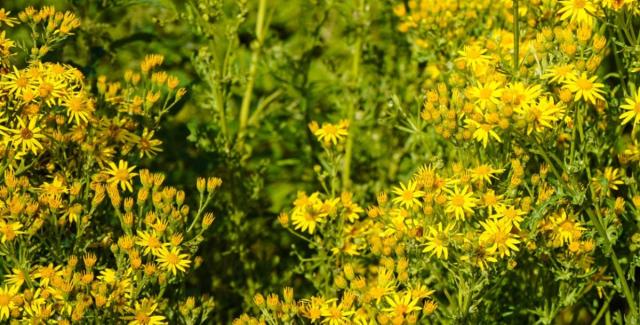Madagascar ragwort has been quietly present in New Zealand for years, but in Northland, it’s now spreading fast and causing serious problems for farmers. This aggressive weed is taking over pastures, reducing productivity, and proving difficult to control. So far, it hasn’t appeared south of Auckland, but the risk of spread is real.

To get ahead of the issue, Beef + Lamb New Zealand has joined forces with Northland Regional Council, DairyNZ, and Pāmu in signing a Memorandum of Understanding (MOU). The goal is to develop a business case and explore practical options for managing the weed. This is not about regulation. It’s about sharing information and helping farmers take action.
“We’re seeing the weed dominate paddocks in Northland, and it’s moving quickly,” says Will Halliday, Senior Manager Technical Policy at B+LNZ. “We want to make sure farmers have the tools and knowledge to deal with it before it spreads further.”
Madagascar ragwort is toxic to livestock, but its biggest impact is the loss of pasture. Once established, it can cover up to 80 percent of a paddock. Farmers report that infestations can go from a few plants to a major problem in just two years. One plant can produce up to 30,000 seeds annually, and those seeds travel easily by wind, machinery, hay, and even stock hooves.
“It’s not just a Northland problem,” Halliday warns. “If we don’t act now, it could become a national issue. Climate modelling shows parts of the South Island could be vulnerable too.”
The MOU partners are working together to raise awareness, support research, and identify sustainable control options. Current herbicide treatments are costly and not viable long term. Pāmu estimates the weed costs livestock farms around $300 per hectare in lost production each year.
“This is about protecting productivity and supporting farmers,” Halliday adds. “We’re committed to finding practical, science-based solutions that work on the ground.”
Farmers are encouraged to learn what Madagascar ragwort looks like and check their paddocks regularly. Early detection and action are key. For more information, visit Northland Regional Council’s website.